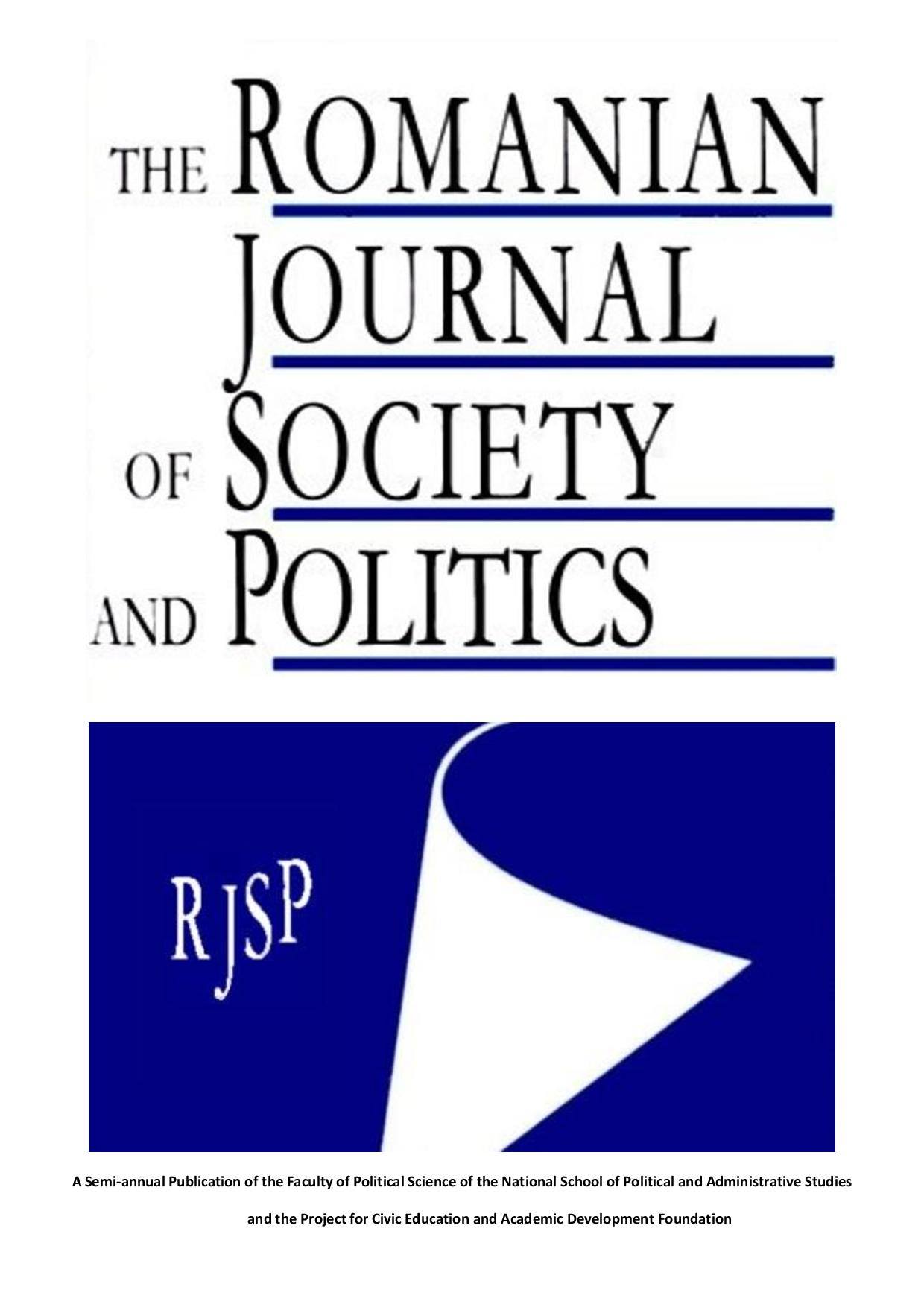THE KEY ASPECTS OF NEOCONSERVATIVE INFLUENCE ON THE U.S. FOREIGN AND DEFENSE POLICY DURING THE FIRST G.W. BUSH ADMINISTRATION
THE KEY ASPECTS OF NEOCONSERVATIVE INFLUENCE ON THE U.S. FOREIGN AND DEFENSE POLICY DURING THE FIRST G.W. BUSH ADMINISTRATION
Author(s): Petar KurecisSubject(s): Politics / Political Sciences, Geopolitics
Published by: Scoala Nationala de Studii Politice si Administrative (SNSPA)
Keywords: Neoconservatives; Political ideology; G.W. Bush; U.S. foreign and defensive policy; Irak;
Summary/Abstract: Neoconservative political ideology has influenced U.S. foreign and defense policy in various ways. During President G. W. Bush‘s first administration, addressed here, neoconservatives embedded in the Administration exercised a key influence on the President and his foreign policy decisions. Since the President is the key foreign and defense policy decision maker in the U.S.A., the influence of the neoconservatives in this field was very significant. To support the main thesis of the paper, an analysis of the content of neoconservative policy papers was made, and statements representing policy goals of neoconservatives were identified. It was concluded that the foreign and defense policy of the Bush administration was influenced by neoconservative political ideology, but the neoconservatives and hard-line realists who actively participated in decision-making processes diverged significantly from the political philosophy and advice of the‗original‘ neoconservatives. They used elements of neoconservative ideology, considered useful for implication of their policy, particularly towards the Middle East and especially towards Iraq. Therefore, the practical (geo)political reasoning of the decision-makers within the Administration clouded the declared theoretical base of their policy as well as the neoconservative values they claimed to support.
Journal: Romanian Journal of Society and Politics
- Issue Year: 6/2011
- Issue No: 1
- Page Range: 93-122
- Page Count: 30
- Language: English

